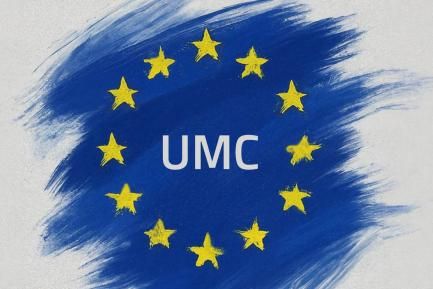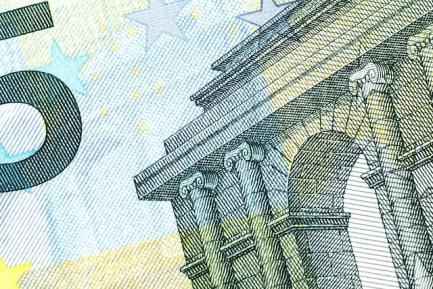2015, an important year for Europe's economy
Next year will once again be important for Europe's economy. After the doubts and disappointments brought by the year now coming to an end, with downward revisions for growth and dangerously low inflation, it is vital for the new year to start off on the right foot. Otherwise the socio-political situation in many member states might become unsteady, reinforcing extremist parties which have already made gains in the European Parliament elections.
Public policies will have to tread carefully in order to tackle, harmoniously but decisively, three big challenges. One is cyclical: to speed up the exit from the crisis. Another is structural: to boost competitiveness and potential growth. And another is institutional: to improve the design of the EMU and make it resistant to any future financial or economic crises.
The cyclical recovery is urgent. In the final part of a disappointing 2014, two key economic variables are experiencing trends that bode well for 2015. The first is the euro, which has depreciated significantly in response to the shift in direction of monetary policies by the main blocs. The second is the price of oil, which has fallen (in euros) by 30% due to various phenomena examined in the Dossier of this Report. If these factors consolidate in 2015, as we expect, they will be of significant support for the euro area's recovery.
The counterpoint to this support provided by accommodative monetary policy and the positive boost for supply from outside the euro area is the uncertainty surrounding fiscal policy and structural reforms. Negotiations between the European authorities and countries which, like France and Italy, are seeking a break to their fiscal consolidation are likely to end up with some concessions being made by Brussels in exchange for promises to carry out reforms. The outcome of this could also be positive in growth terms but it will ultimately depend on the details of the final agreement. Any relaxation in the adjustment must be perceived by investors as compatible with sustainable budgets while structural reforms need to inspire confidence: they must be seen as improving the country's long-term growth capacity and not merely as measures that weaken demand.
With regard to the institutional challenge, in Brussels the new heads of the Commission and Council are already at their posts, as is the new Parliament. Nevertheless, serious doubts regarding economic growth and the warning provided by the results of May's elections do not seem to have produced the wake-up call required by the project of European integration and particularly Monetary Union. Once again, only the ECB has taken decisive action to tackle this urgent problem, further proof that it is the only body in Europe that is truly executive; i.e. with the necessary capacity to react in difficult times.
The expected improvement in economic conditions in the coming year could actually end up leading to a postponement sine die of the changes that are badly needed by Europe's system of governance. These only seem urgent when the problems are pressing. In fact, the Commission seems to have concentrated all its efforts on the so-called Juncker Plan. Details of the plan have yet to be announced but this could provide extra investment equivalent to almost 1% of Europe's annual GDP over three years. However, whether this actually happens depends on the Plan's final design and how bold the authorities can be.
Beyond its financial boost, the Juncker Plan may also act as a catalyst for one of the key problems suffered by the euro area: the lack of private investment available to assume risk and launch and support new projects. For this to be the case, the Juncker Plan needs to encourage the public sector to assume more risk, for instance by accepting any potential initial losses made by investment projects, should there be any.
Such a policy would certainly increase the public sector's contingent liabilities in the euro area but it would not necessarily make public finances any less sustainable if the scheme was successful in boosting the economy. And, essentially, that is precisely the real role of the public sector: to share risk among citizens and thereby help to resolve the problems inherent in collective decision-making that sometimes paralyse the system.
Jordi Gual
Chief Economist
30 November 2014


